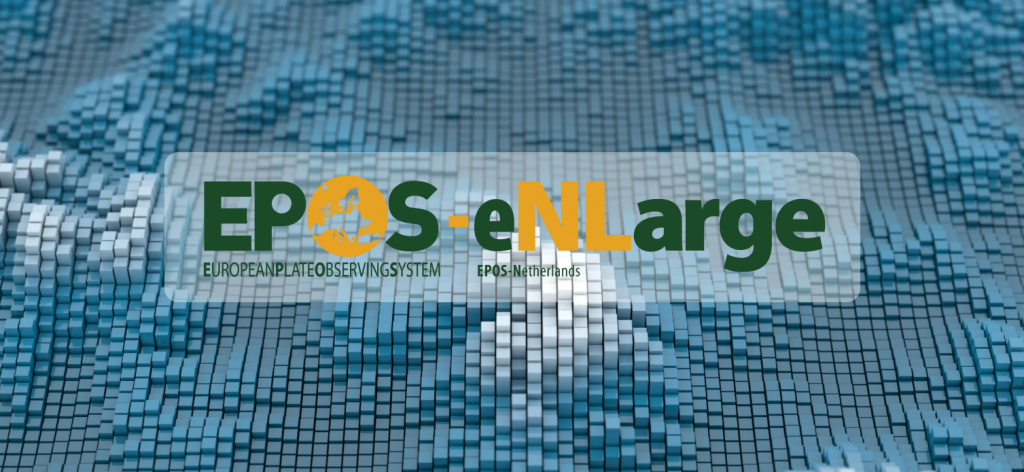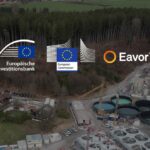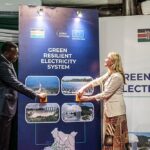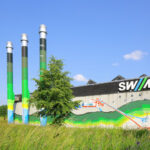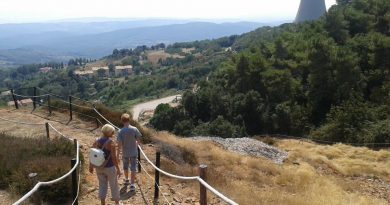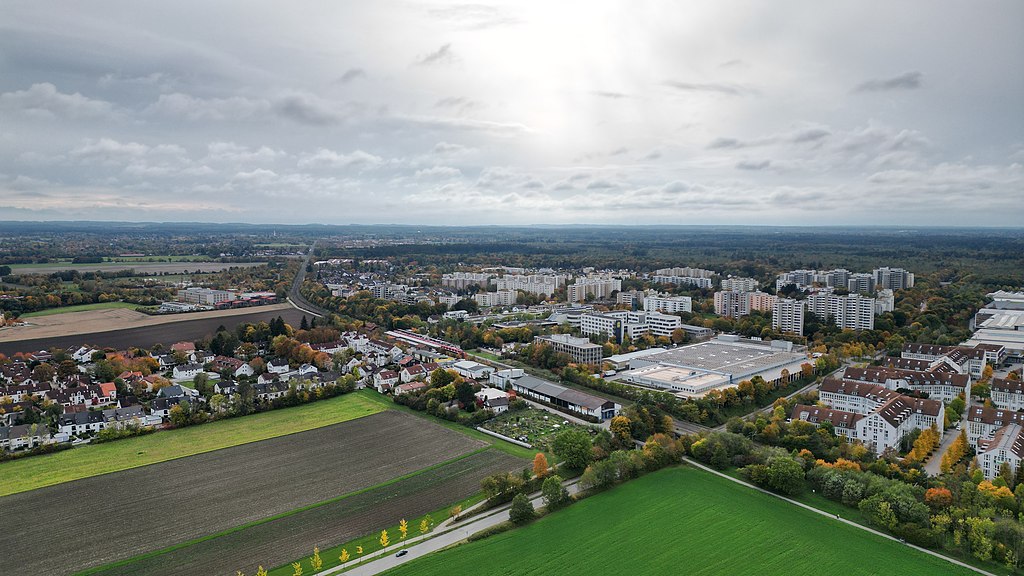Dutch geothermal research project receives EUR 18 million funding
Energy Disrupter
The EPOS-eNLarge, a research facility that aims to improve efficient use of geothermal energy, has received funding from the Dutch Research Council.
The European Plate Observing System – EPOS Netherlands (EPOS-eNLarge) research project in the Netherlands will receive EUR 17.9 million in funding from the Dutch Research Council (NWO) as part of the Large-scale Research Infrastructure Call. This project aims to provide the research capabilities to improve the physics-based understanding of subsurface processes and how these control large-scale behavior during geothermal energy production or fluid storage.
EPOS-eNLarge builds upon the EPOS-NL project, an infrastructure that integrates large-scale geophysical facilities in the Netherlands into a coherent infrastructure for research into geo-societal challenges.
The 10-year project is a collaboration between TU Delft, Utrecht University, the Royal Dutch Meteorological Institute, and TNO Geological Survey of the Netherlands. One of the key goals of this project is to promote the efficient use of geothermal energy and help in accelerating the increase in number of geothermal projects deployed and developed in the Netherlands.
Electromagnetic monitoring methods are being developed under EPOS-eNLarge to understand the subsurface flow of hot and cold fluids. “This will provide essential knowledge on long- and short-term subsurface processes that underly efficient and safe operations and the impact on the environment,” described Evert Slob, professor Geophysical Electromagnetic Methods and TU Delft project leader.
The EPOS-eNLarge research infrastructure complements the high-temperature heat storage and campus geothermal project at TU Delft. By forming a combined research facility, the research benefits from being of both having a realistic setting and a higher level of measurements will make a better chance of making an impact on geothermal development.
There are also plans of making the research infrastructure accessible to other researchers in the future. This will make the research data collected on the Dutch subsurface openly available and centrally accessible through EPOS, the European research infrastructure for solid Earth sciences.
Source: TU Delft


